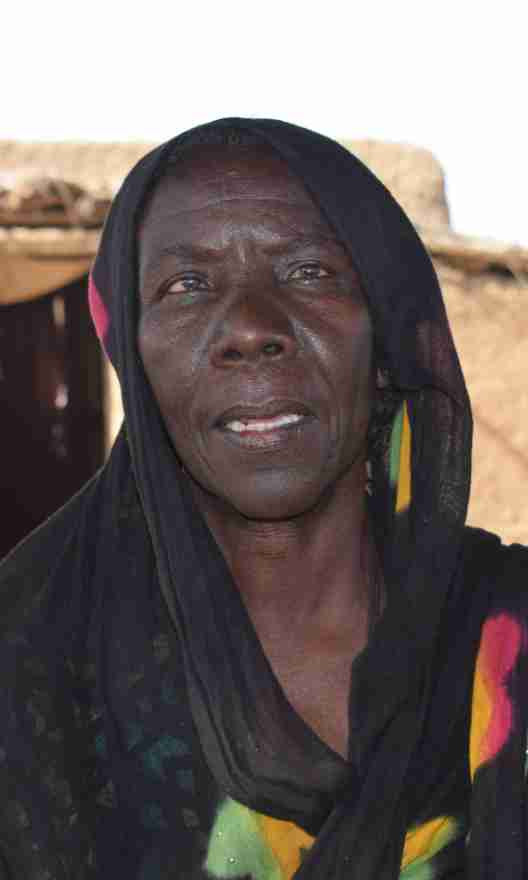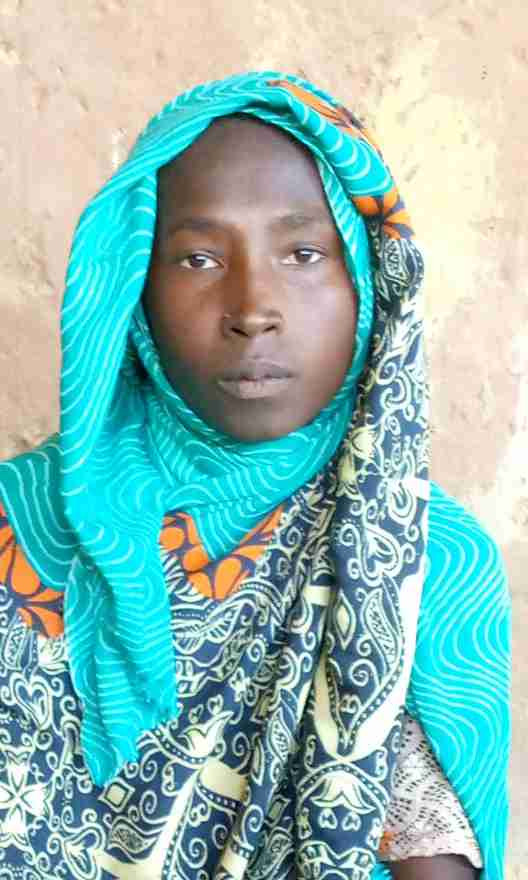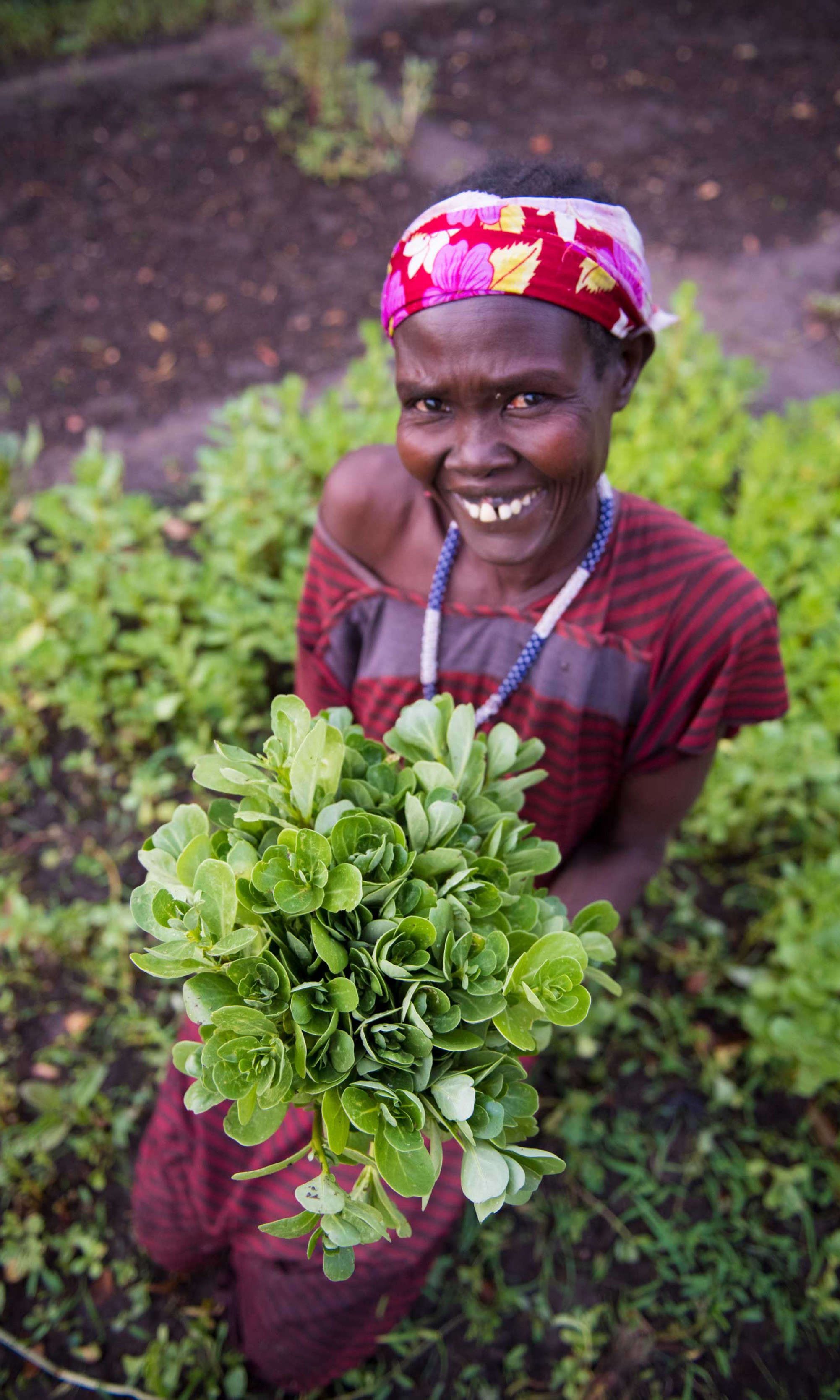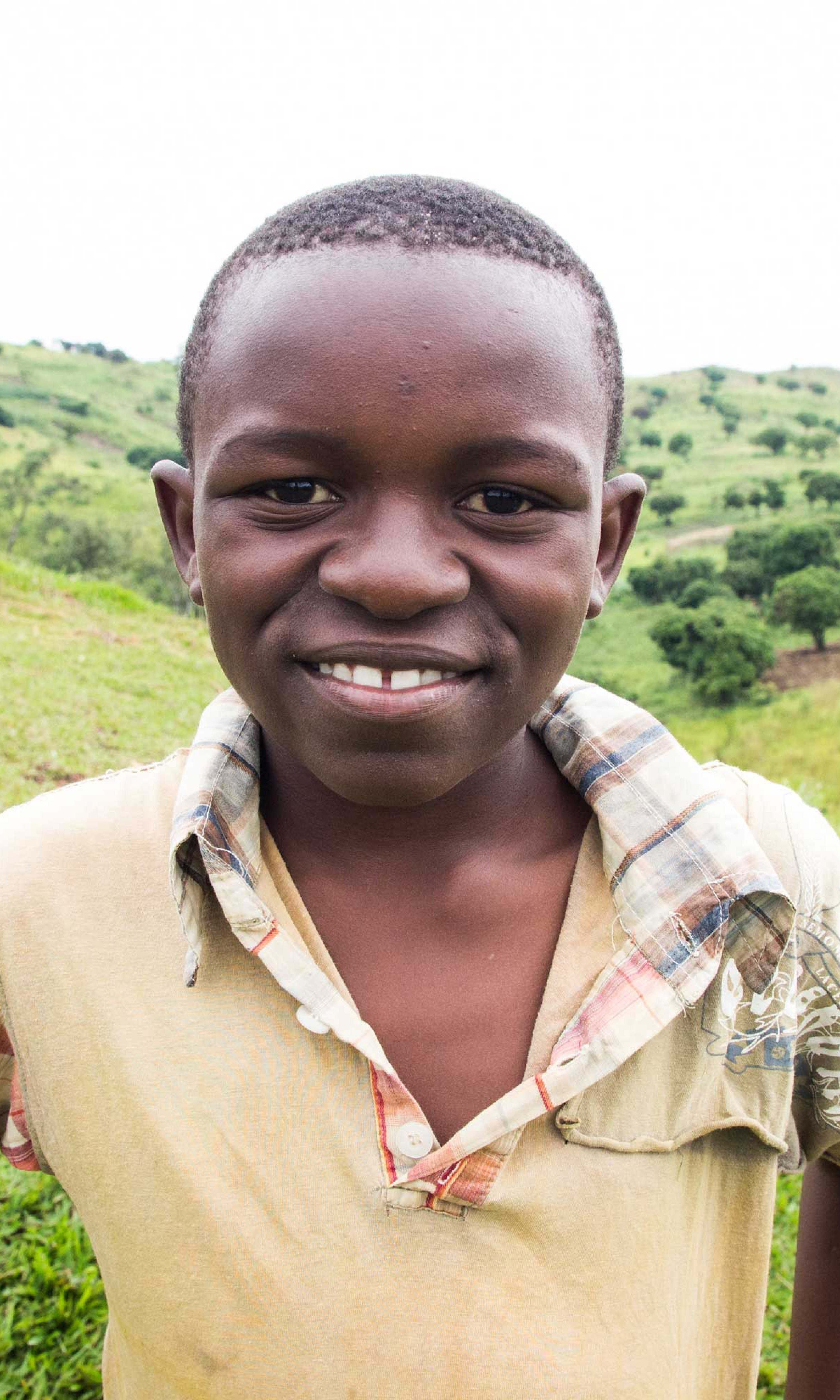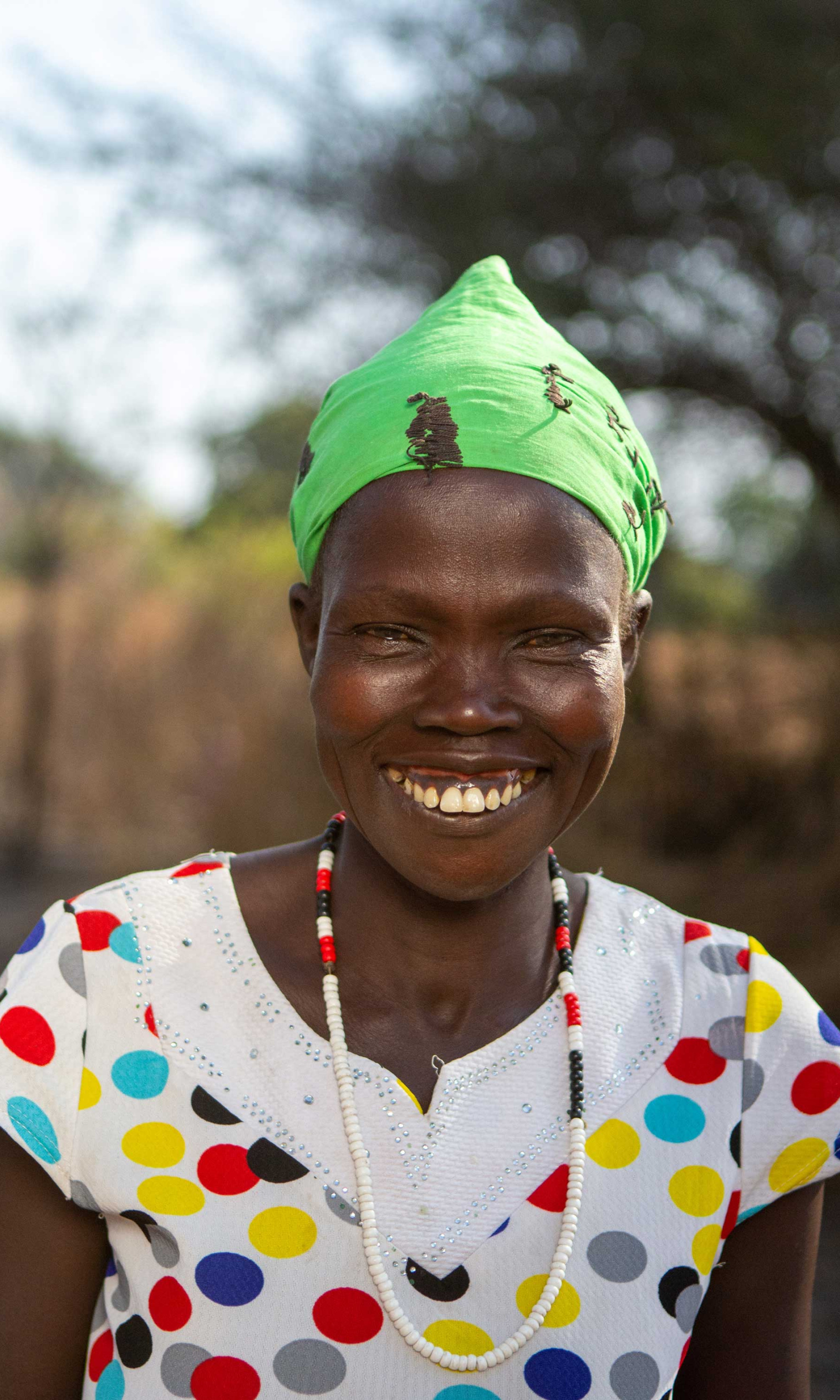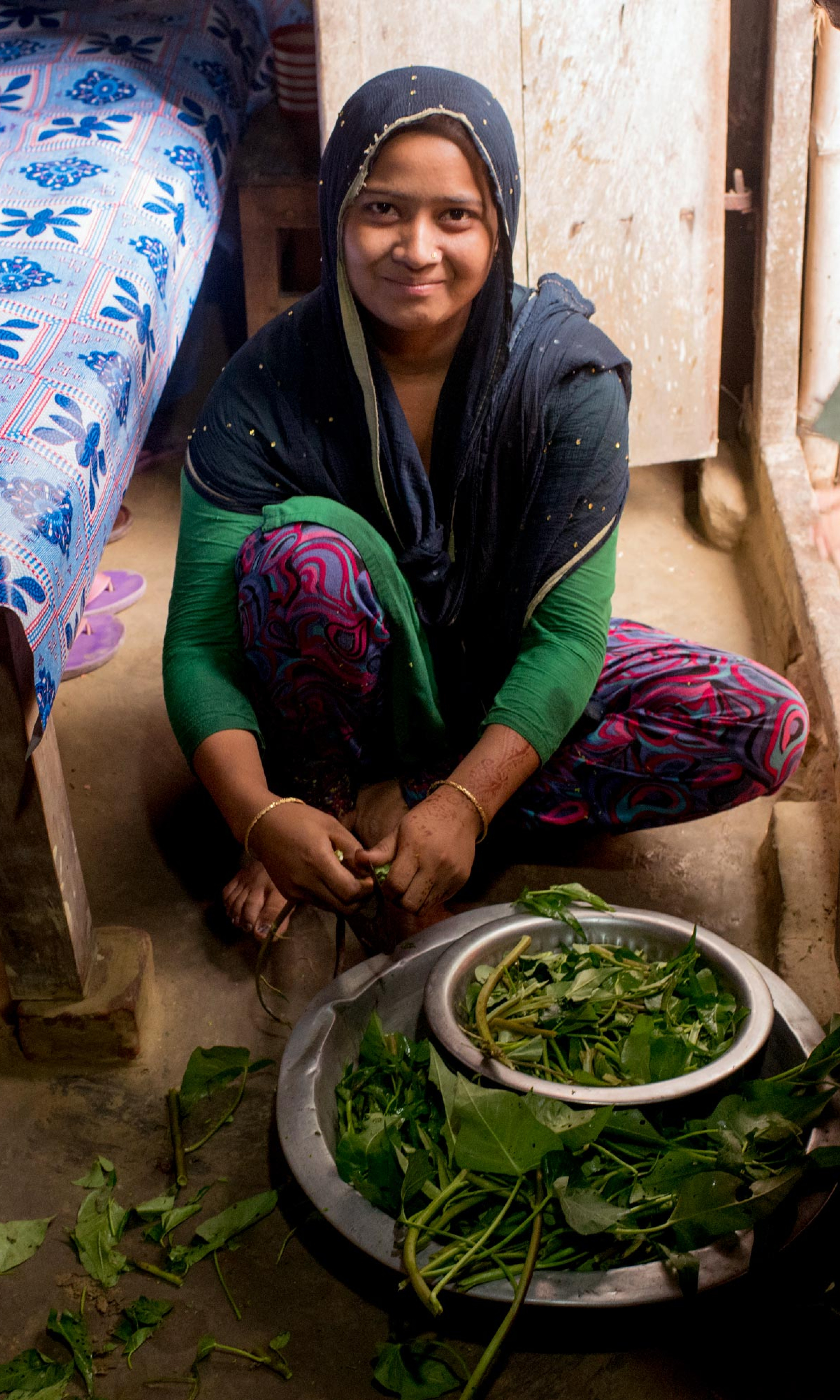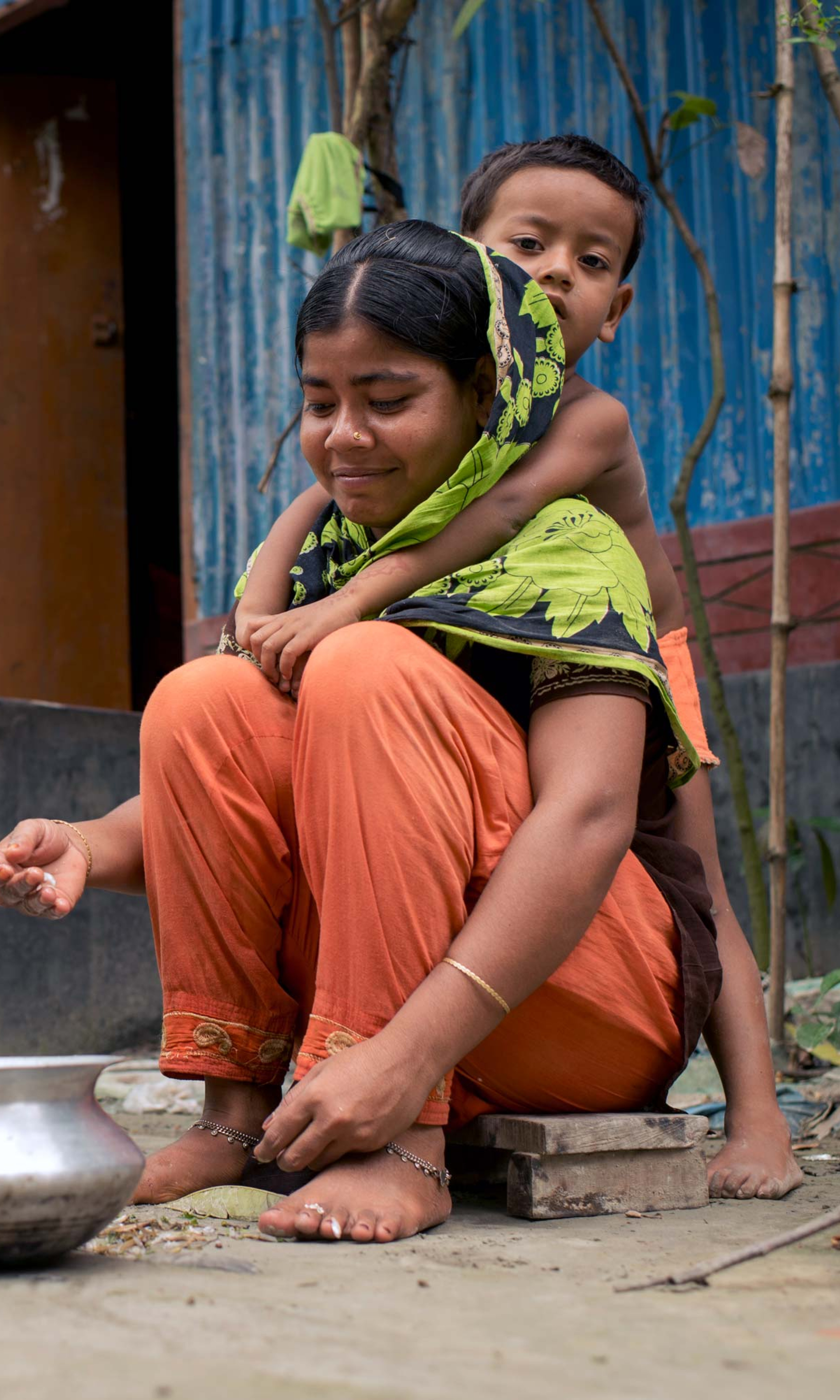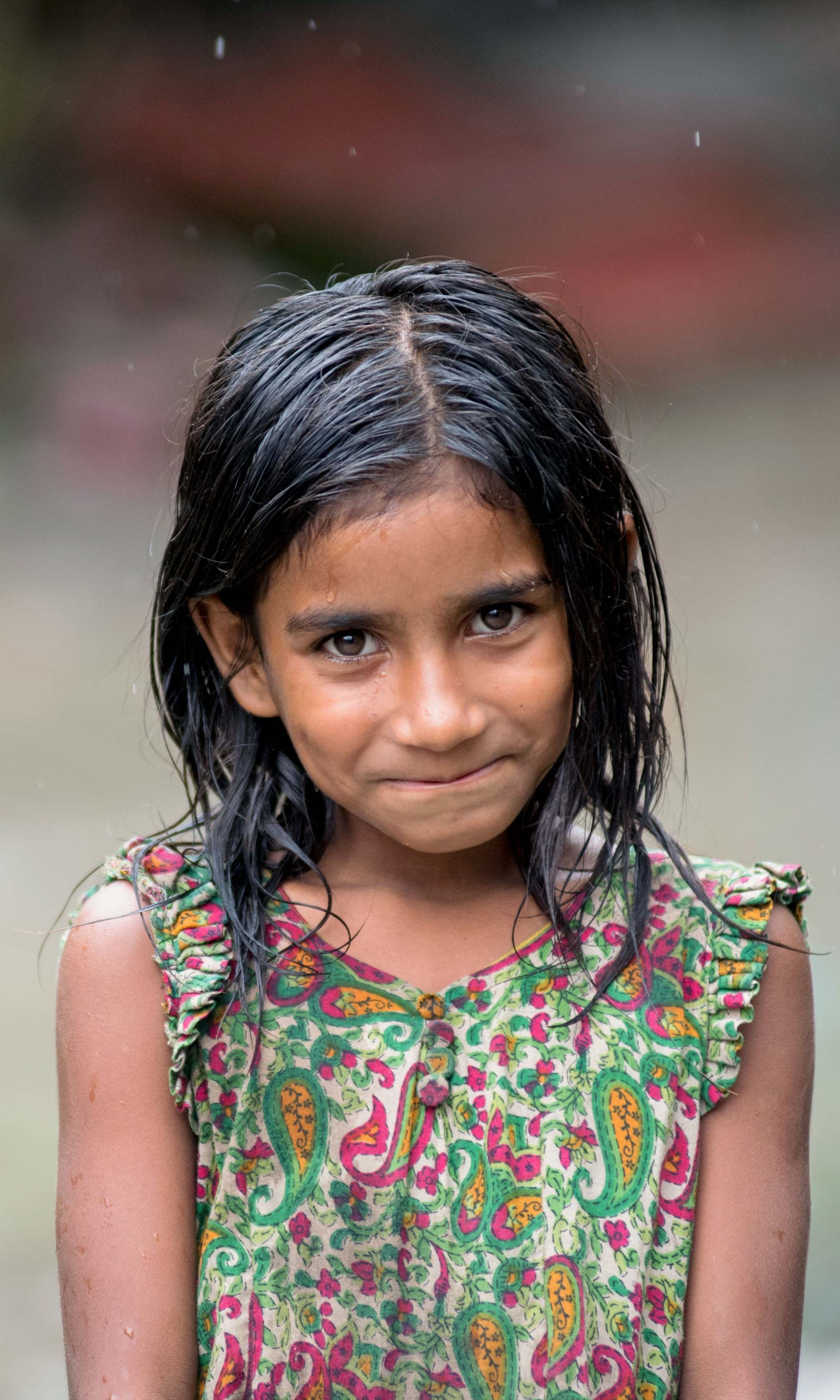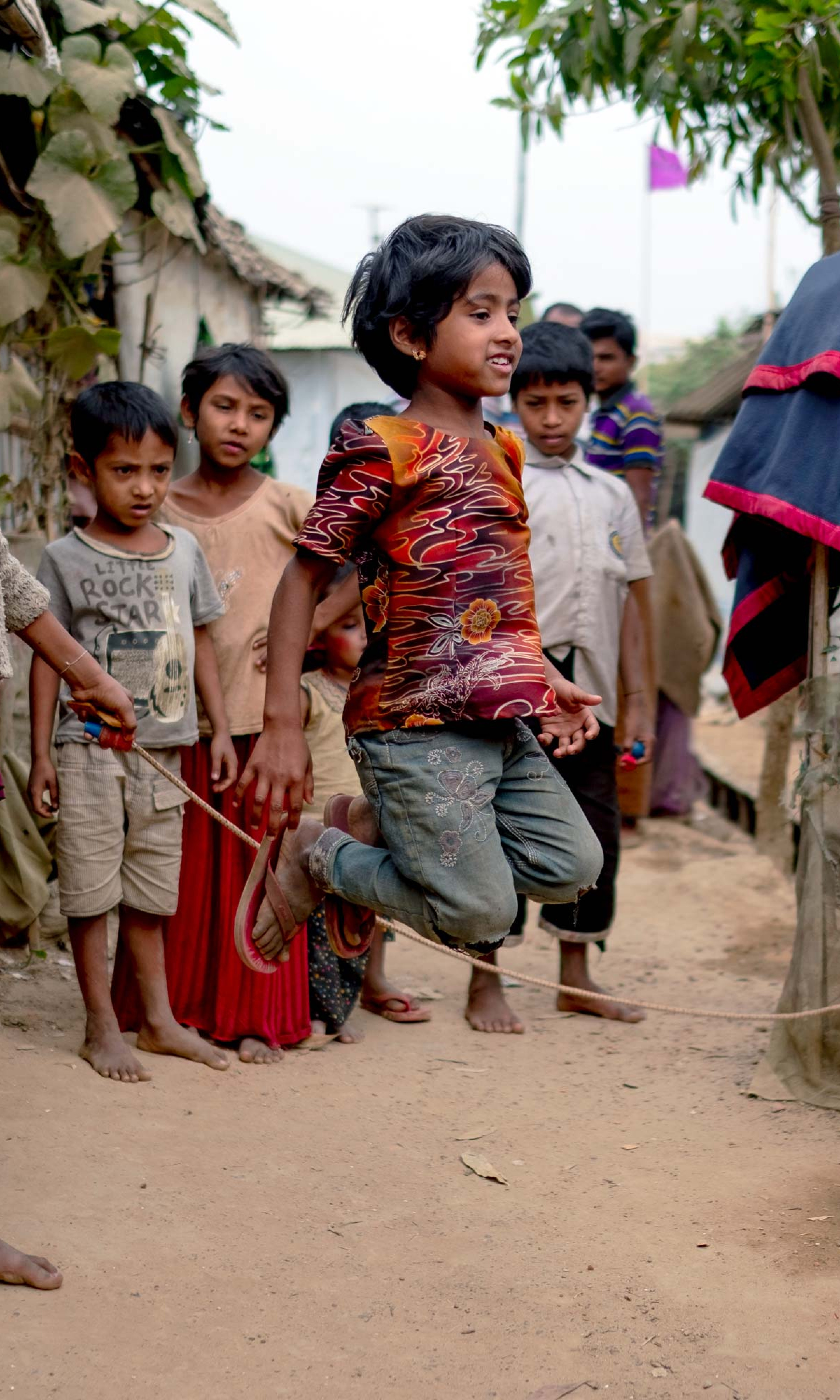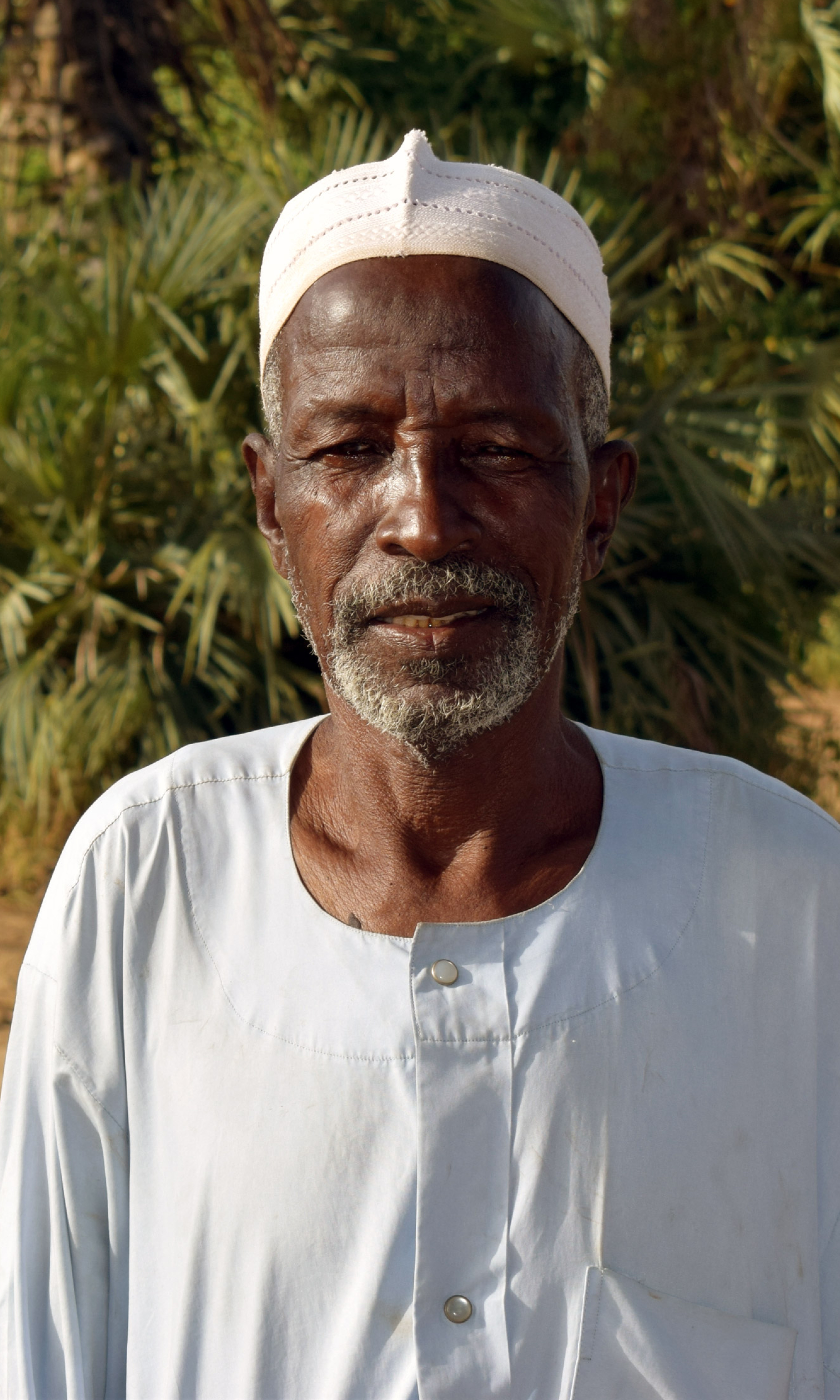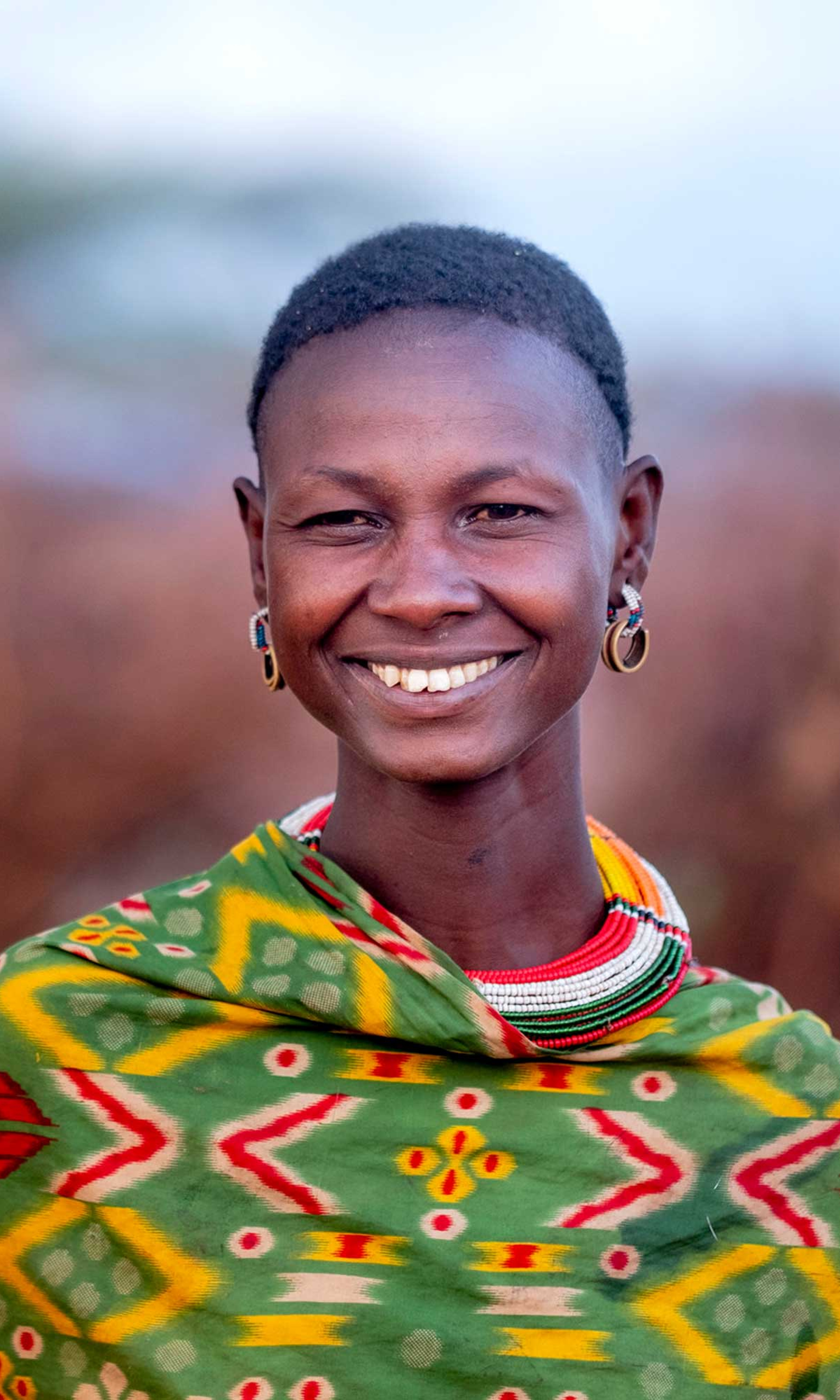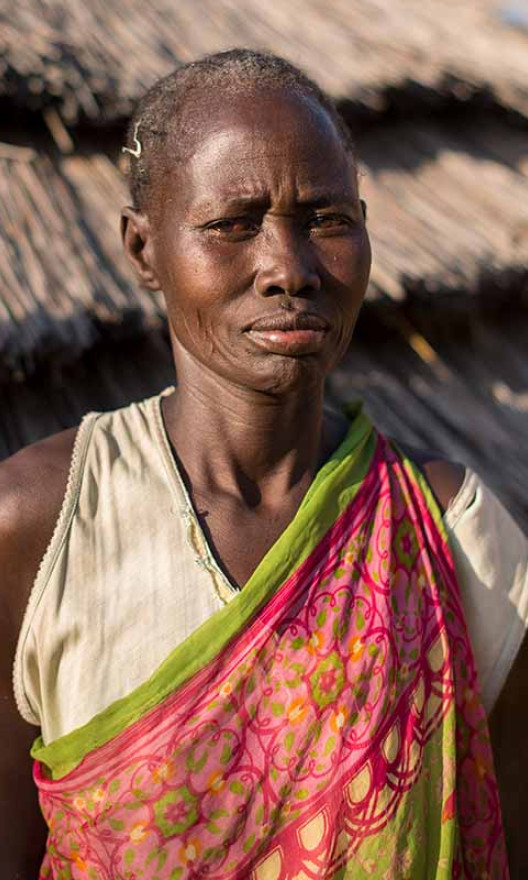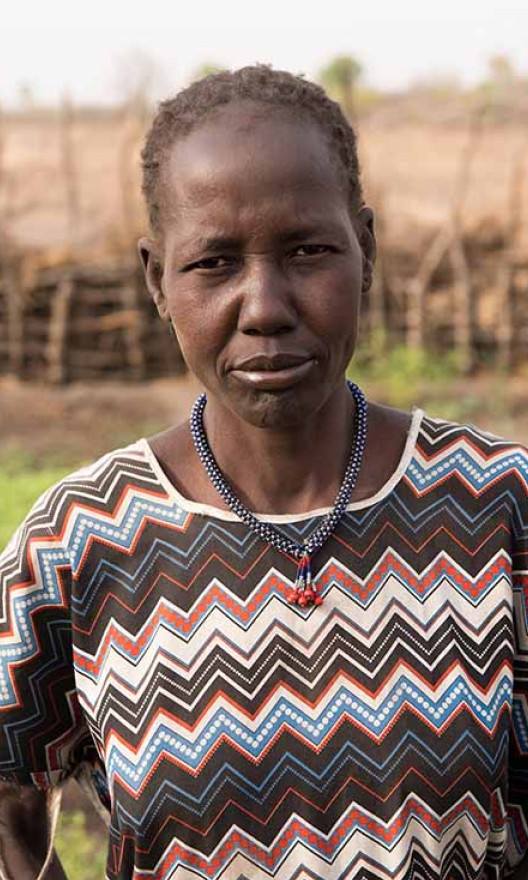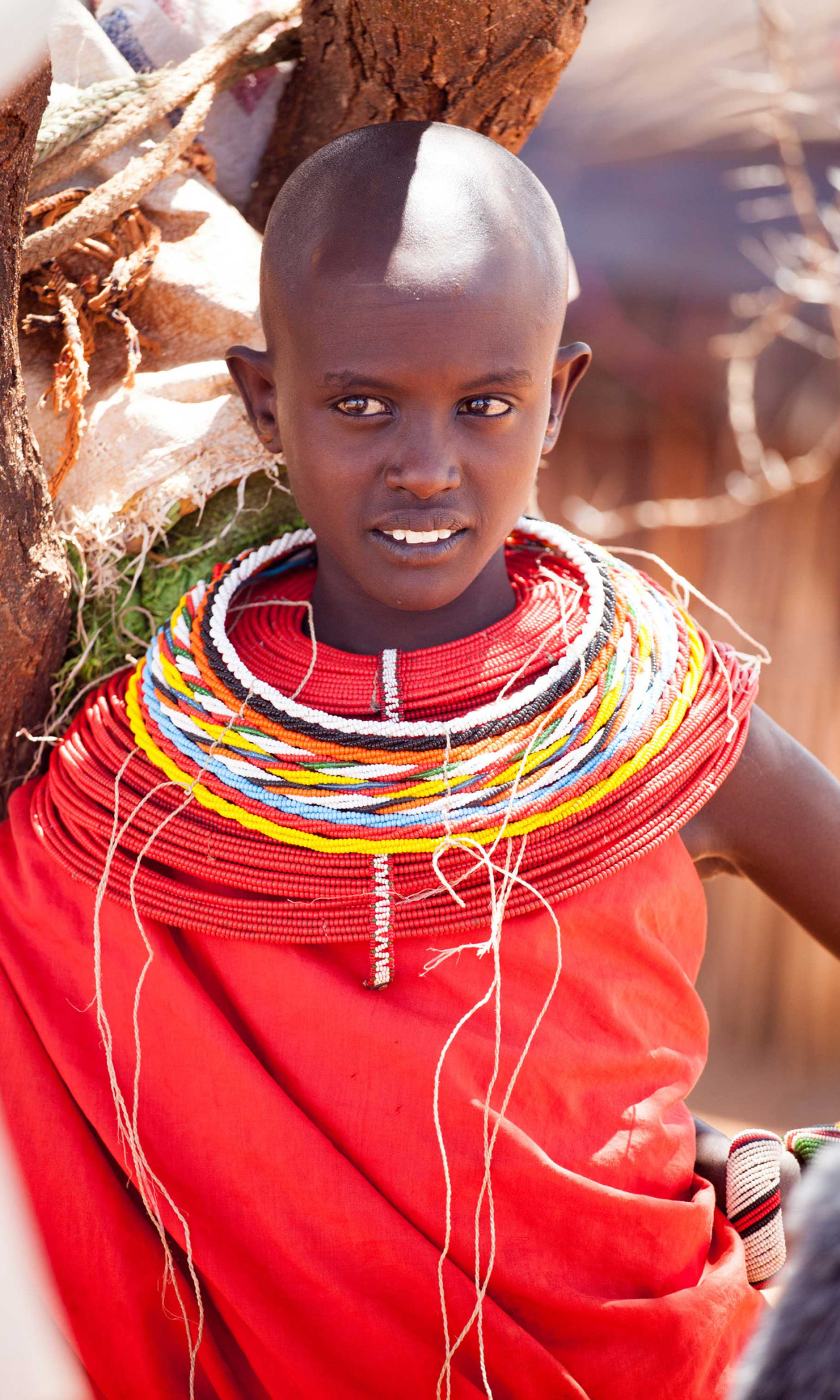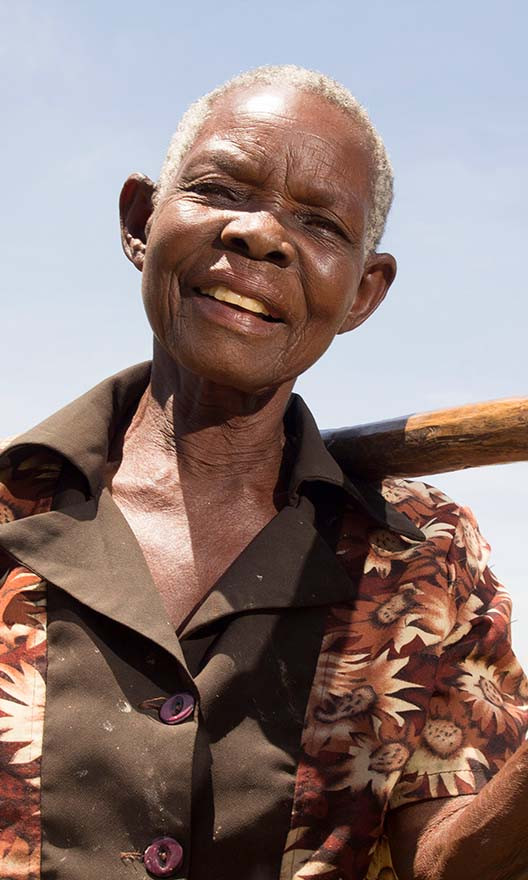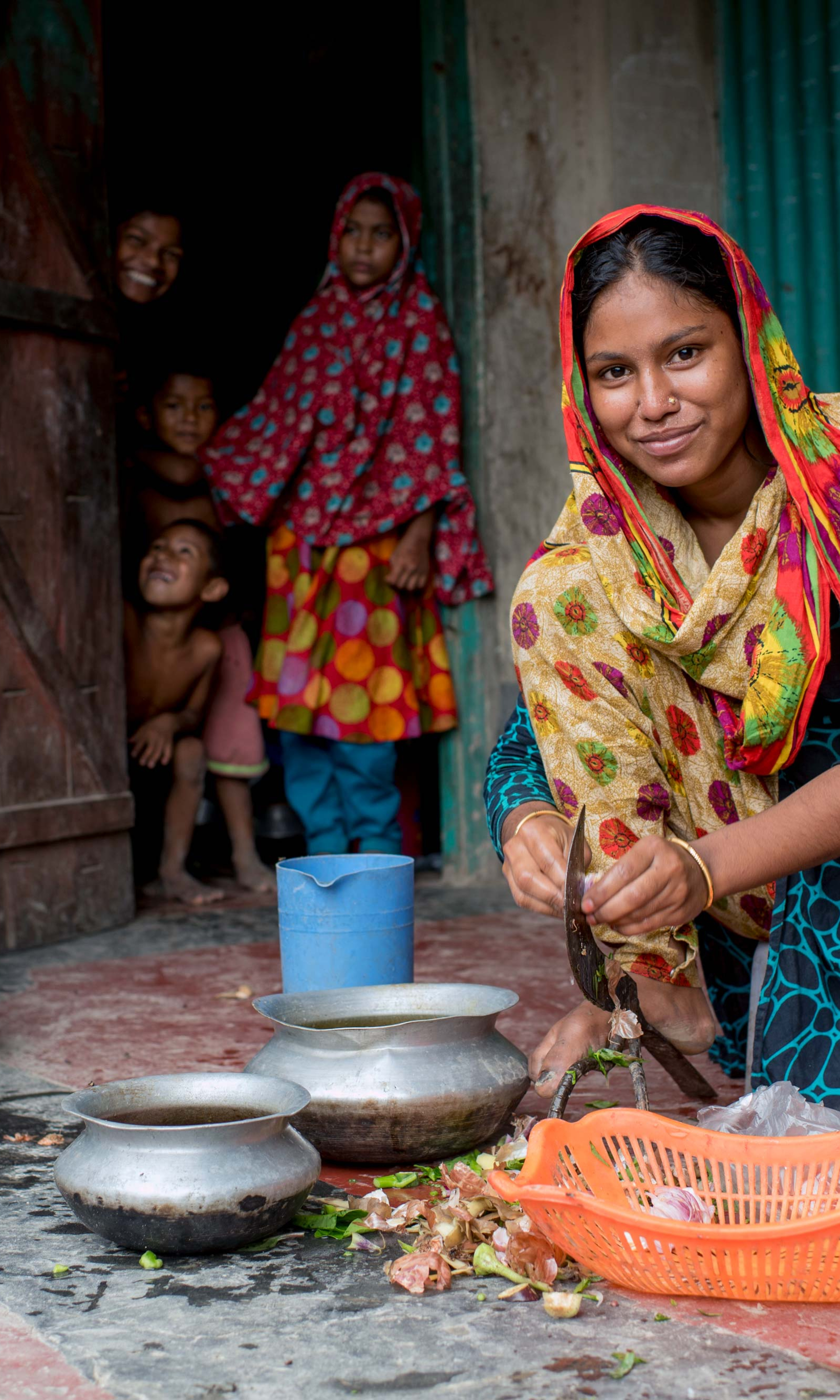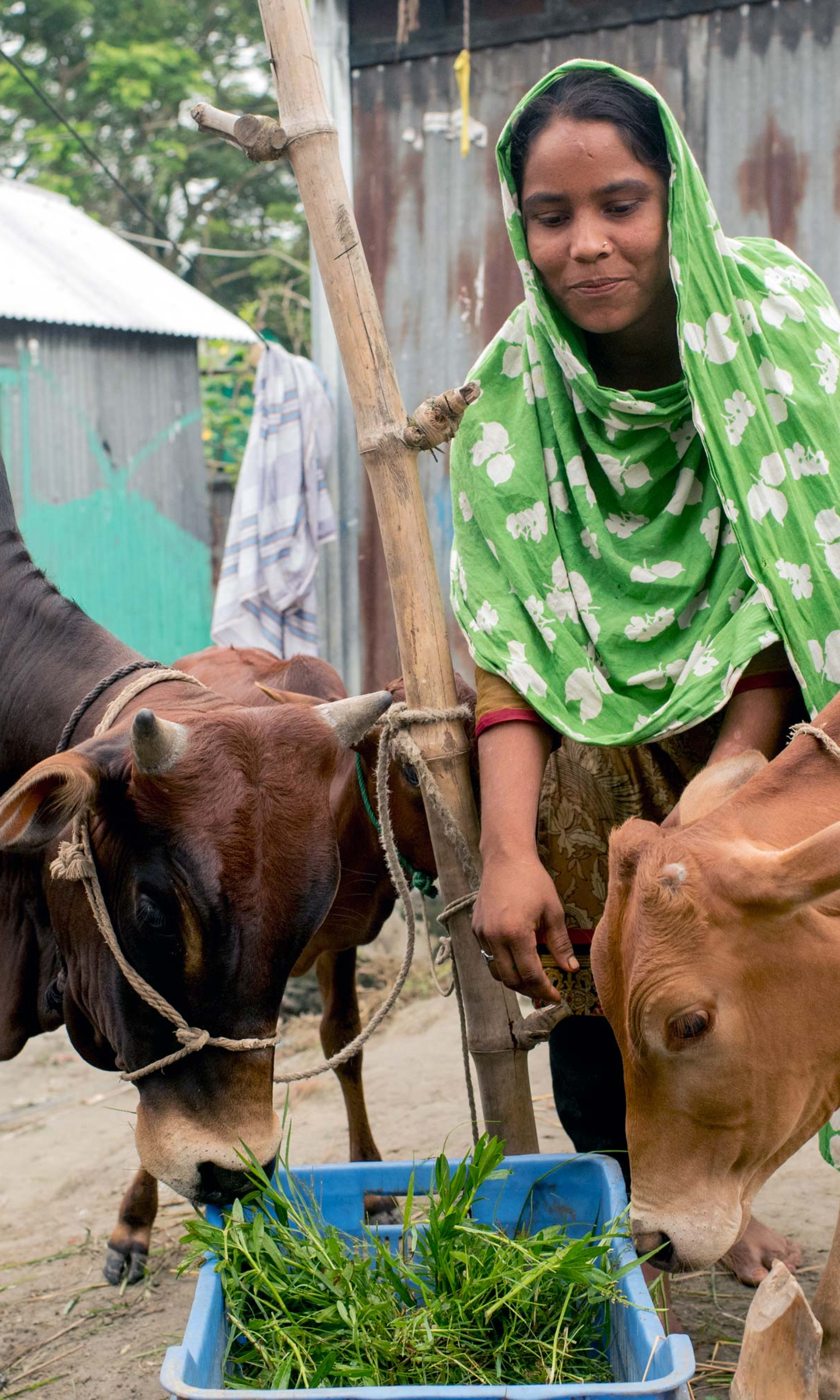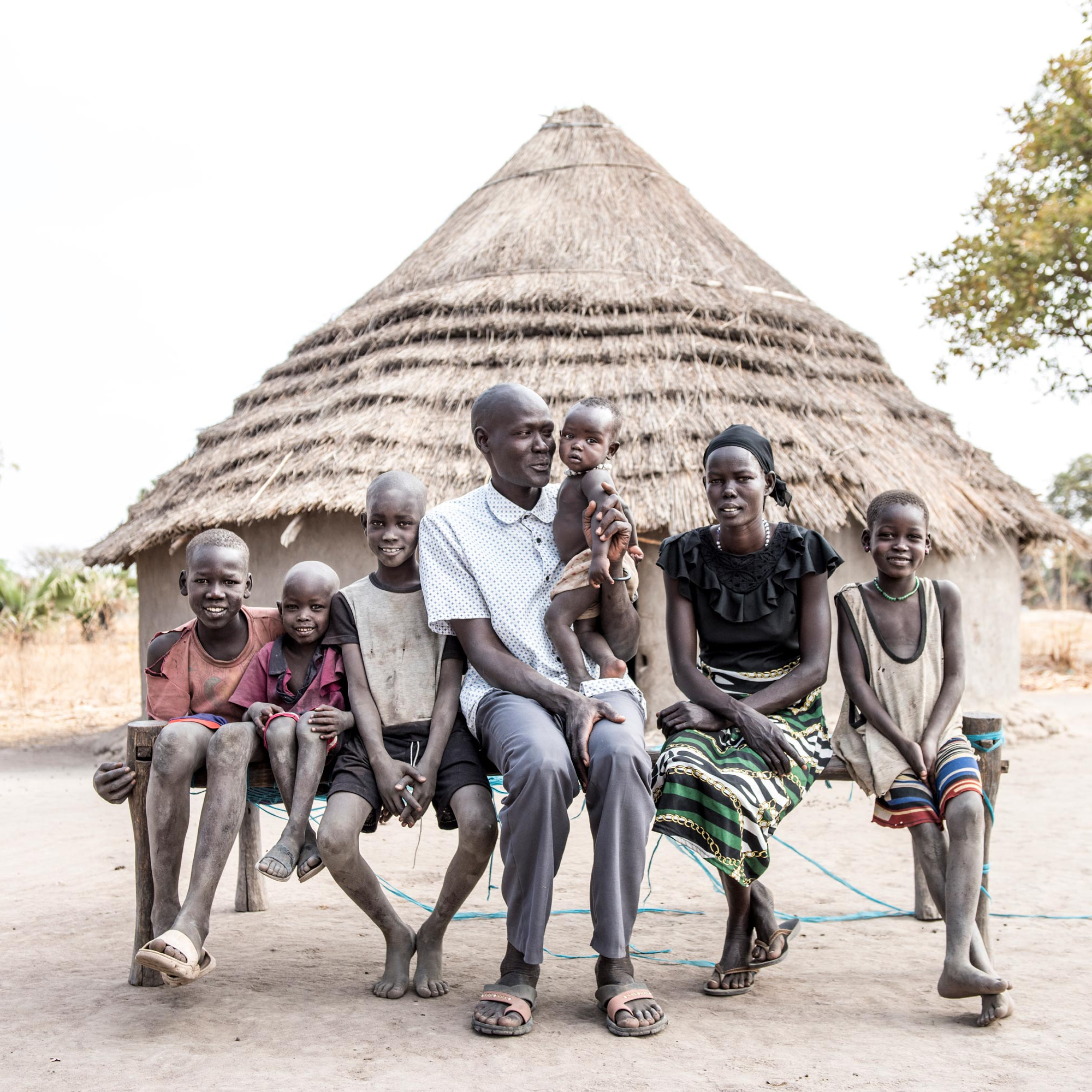
What We Do
One Village Transformed
At World Concern, our approach to village transformation is holistic and addresses not only the physical needs in a community, but spiritual ones as well. We start by listening to community members. Each village identifies their greatest needs and drives the process of change. We partner with them, providing support, expertise, and practical tools – all in the power and love of Jesus.
The process is not always easy, and it’s sometimes messy. But through tried and proven methods that bring lasting change, entire villages are transformed.
How We Help
The context in each village is unique. We start with the most critical, urgent needs: water, food, and safety. Long-term, families are equipped to earn income and support themselves. They become healthier, and begin to save and plan for the future. And through it all, they experience the transformative power of God’s love.
Learn more about World Concern’s focus areas by clicking the buttons to the right.
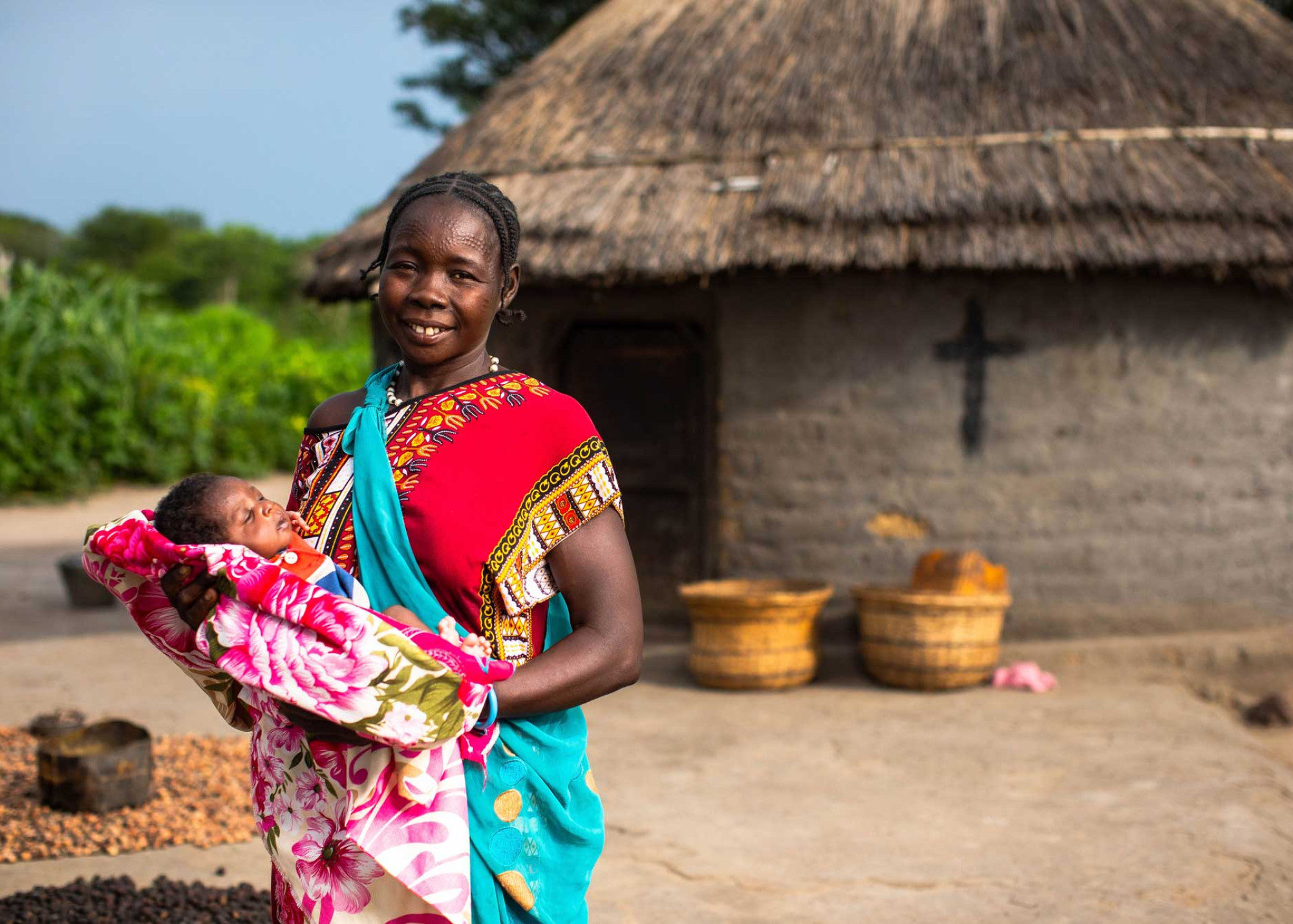
We Get Results
At World Concern, our mission isn’t mere idealism—it tangibly transforms communities globally. An independent study confirms our work’s effectiveness, highlighting advances in spiritual growth and access to clean water, healthcare, and education. Our aim is to elevate communities from mere survival to self-sufficiency and lasting change. Driven by our calling to embody Jesus’s love, we’re dedicated to creating a world where all can envisage and attain a transformed future. Your continual support is vital for this transformative journey.
Where We Help
Through World Concern, you have the unique, life-changing opportunity to walk alongside one village through the process of transformation. You’ll help bring clean water, empower parents to earn income, educate and protect children, improve health, and see lives transformed spiritually with the love of Jesus Christ.
There is a village, far beyond where the road ends, that is ready for change. Poverty has gripped the families in this village for generations. With you, this generation could be the last.
Countries
At World Concern, we feel called to serve in some of the poorest, most remote, hard-to-reach places in the world. Places with little or no infrastructure or resources to help the people who live there. If your calling is to reach out to the “least of these,” then you’ve come to the right place.
BANGLADESH
Why We Are There
Bangladesh is one of the poorest and most densely populated nations in the world. Women are oppressed and young girls are at risk of child marriage.
Challenges
Extreme poverty, poor healthcare, culture that encourages child marriage, natural disasters, refugee crisis.
Programming Focus
Holistic community development, including clean water, nutrition, economic empowerment, education, child protection, disaster response, and spiritual development.
CHAD
Why We Are There
Lack of infrastructure in remote regions of Chad means families have little or no access to healthcare and education. Frequent natural disasters and conflict.
Challenges
Extreme poverty, families displaced by conflict, lack of food, disease, limited access to education.
Programming Focus
Holistic community development, including clean water, nutrition, economic empowerment, education, and spiritual development.
DRC
Why We Are There
Women and children in DRC live in constant fear and trauma, millions have fled their homes, and more than 13 million need humanitarian aid.
Challenges
Severe malnutrition, lack of clean water, deadly diseases, poor healthcare, independent and government backed militia groups.
Programming Focus
Holistic community development, clean water, food, women and child protection, economic empowerment, education, spiritual development.
HAITI
Why We Are There
Haiti is the poorest country in the Western Hemisphere. It is subject to frequent natural disasters that destroy homes and infrastructure. Families struggle to find work, food, water, and healthcare.
Challenges
Extreme poverty, natural disasters, a collapsed government, insecurity, poverty mindset.
Programming Focus
Disaster risk reduction, community development, economic empowerment, agriculture.
KENYA
Why We Are There
Half of the people in Kenya live in poverty, and 40 percent are unemployed. Government corruption and extreme weather mean many, especially in rural areas, don’t have sustainable sources of food or income.
Challenges
Child malnutrition, lack of clean water, poor healthcare, lack of income earning opportunities.
Programming Focus
Holistic community development, including clean water, nutrition, economic empowerment, education, and spiritual development.
LAOS
Why We Are There
Extreme poverty, especially in rural areas. Youth are at risk of dropping out of school to work, and the threat of trafficking is high because of the proximity to Thailand and other borders.
Challenges
Many families don’t have access to clean water or enough food. Parents can’t afford to keep children in school, and youth have limited job opportunities, making them vulnerable to traffickers.
Programming Focus
Holistic community development, including clean water, food, economic empowerment, child protection, and education.
MIDDLE EAST
Why We Are There
Children living in war torn regions are suffering from severe malnutrition. Families lack clean water, food, and healthcare.
Challenges
War and conflict prevent access to many areas; women and children are impacted most. Schools and healthcare facilities have been shut down.
Programming Focus
Emergency Response through delivery of food and water; healthcare and hygiene training.
MYANMAR
Why We Are There
Families living in remote, rural areas struggle to survive in extreme poverty. Many are vulnerable and unsafe because of conflict.
Challenges
Extreme poverty, internal conflict between militia groups, natural disasters, remote, hard to reach areas.
Programming Focus
Holistic community development, including clean water, nutrition, economic empowerment, education, protection, and spiritual development.
NEPAL
Why We Are There
Nepal is one of the world’s poorest nations. Isolation and natural disasters have left families in poverty and vulnerable to trafficking.
Challenges
Families live in remote, difficult to reach places; natural disasters; porous borders make trafficking easy between Nepal and India or China.
Programming Focus
Child Protection, including children’s rights, awareness training, and trauma counseling.
SOMALIA
Why We Are There
Drought and internal conflict have destroyed food sources and livelihoods. Families in Somalia are suffering from hunger and lack of water.
Challenges
Ongoing conflict, frequent natural disasters (drought, flooding, locusts), displaced families.
Programming Focus
Food security and child nutrition, clean water, economic empowerment.
SOUTH SUDAN
Why We Are There
Two out of three people in South Sudan need assistance to survive. Many are displaced because of ongoing violence, and lack enough food and clean water.
Challenges
Government corruption and instability, lack of food and water, exorbitant inflation.
Programming Focus
Holistic community development, including clean water, food, economic empowerment, education, and spiritual development.
SRI LANKA
Why We Are There
Following decades of ethnic conflict and civil war, families lack ways to earn income, and children are at great risk of exploitation and abuse.
Challenges
Ethnic and religious minorities, including Christians, are oppressed and neglected. Rural areas that were destroyed in Sri Lanka’s 25-year civil war remain undeveloped and impoverished.
Programming Focus
Protecting the rights of children and ensuring they are safe, educated, healthy, and thriving.
UGANDA
Why We Are There
Nearly half of the population in Uganda are children living in extreme poverty.
Challenges
Extreme poverty, food shortages, need for clean water, lack of direction for youth makes them susceptible to rebel groups.
Programming Focus
Holistic community development, including clean water, food, economic empowerment, education, and spiritual development.
Countries
At World Concern, we feel called to serve in some of the poorest, most remote, hard-to-reach places in the world. Places with little or no infrastructure or resources to help the people who live there. If your calling is to reach out to the “least of these,” then you’ve come to the right place.
Operational
Partners
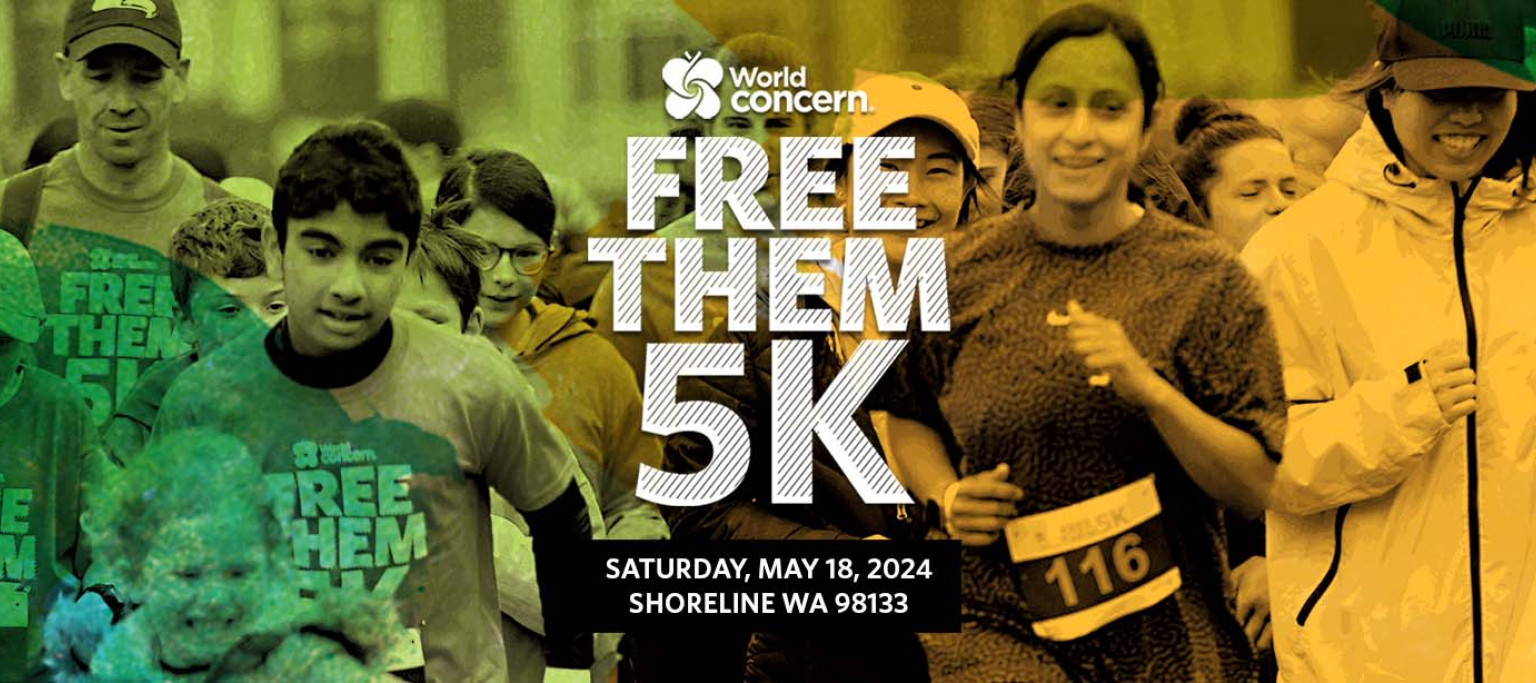
Run or Walk the Free Them 5K!
Make your miles matter by joining the Free Them 5K. Together, we’re running to protect girls and boys from trafficking, and give them the life they deserve. Sign up and run to change their future!
